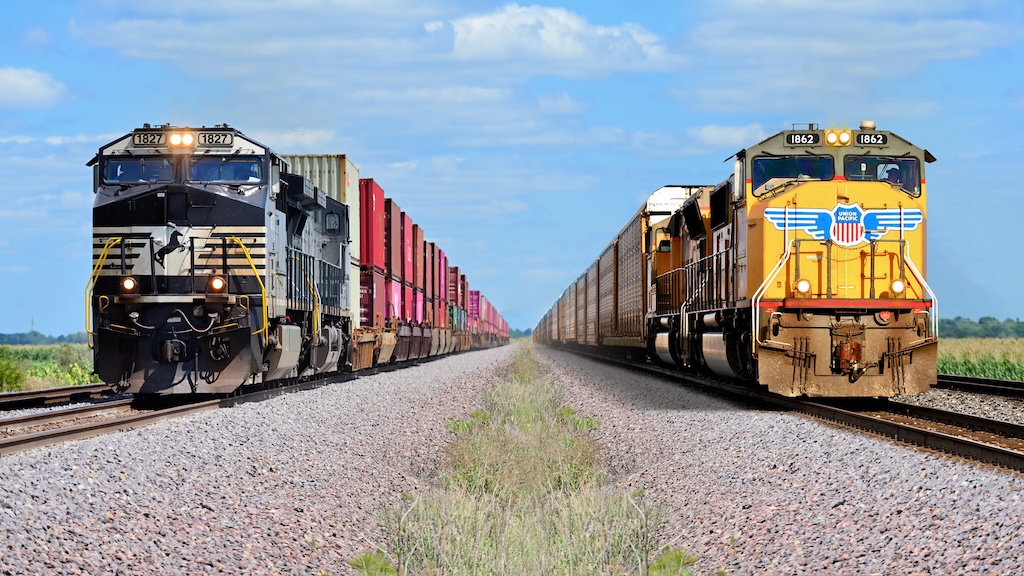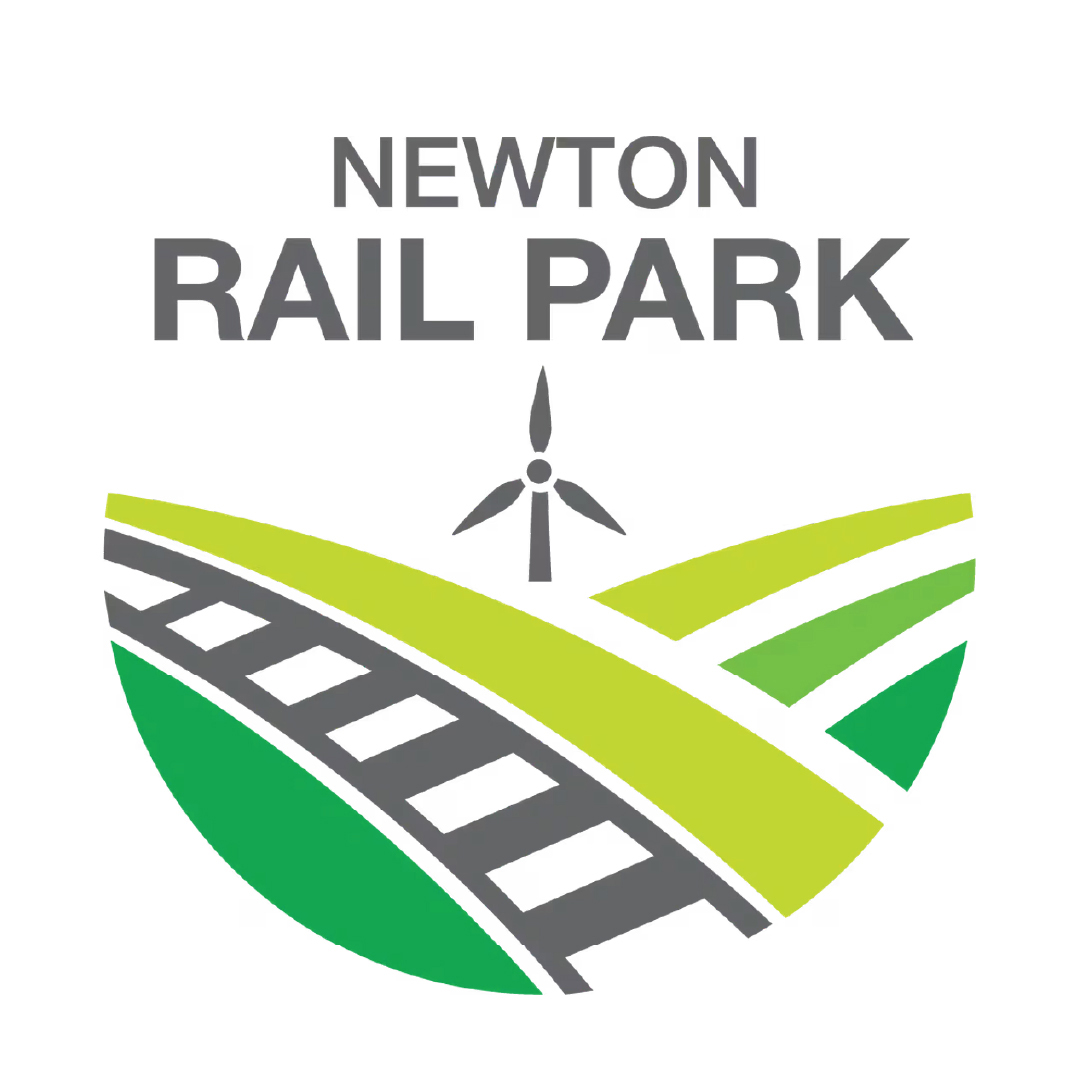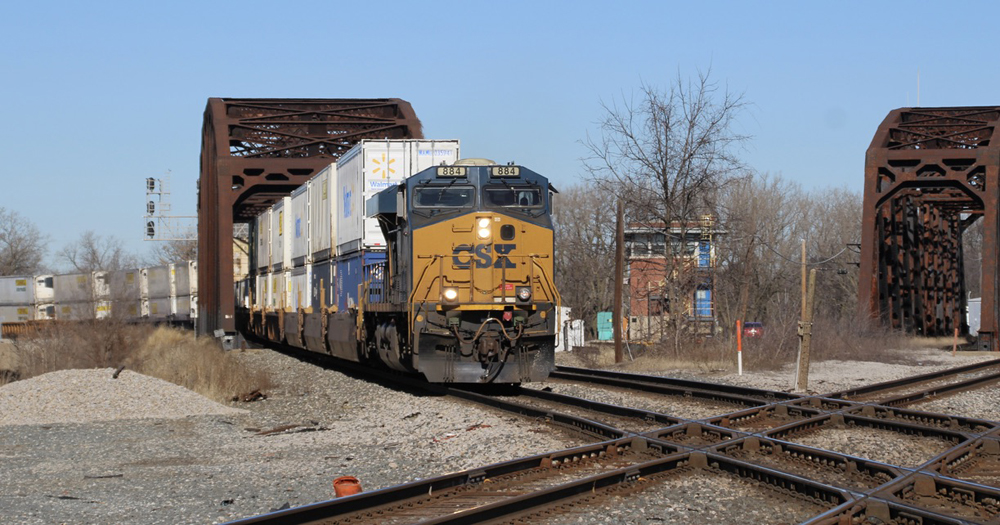
The $85 billion Union Pacific and Norfolk Southern merger agreement includes a $2.5 billion breakup fee that anticipates potential twists and turns that could play out over the next two years.
The agreement has an expiration date of Jan. 28, 2028, but will be extended automatically if the Surface Transportation Board merger review process takes longer than anticipated.
NS is not allowed to seek better offers from potential suitors. But NS can consider unsolicited bids, at least until its shareholders vote on and approve the proposed UP-NS combination. If the NS board determined that an unsolicited bid was superior, UP would have the right to match it within five business days.
Shareholders for both UP and NS must approve the deal before it can move forward. A date for shareholder votes has yet to be set.
The $2.5 billion termination fee would apply under several scenarios.
UP would have to pay the breakup fee to NS if the STB rejects the deal outright — or if the board imposes conditions on the merger that are deemed too onerous to proceed with the combination.
NS would have to pay UP if it were to accept a superior offer from another suitor.
The scenarios are possible considering the history of the battle that Canadian Pacific and Canadian National waged for Kansas City Southern in 2021.
CP and KCS announced a friendly $29 billion merger deal in March 2021, but KCS in May accepted CN’s higher, unsolicited bid. This prompted KCS to pay a $700 million breakup fee to CP.
But CN was forced to abandon its $33.6 billion deal after the STB rejected its request to put KCS into a voting trust. And that put KCS back into CP’s arms under a new $31 billion merger agreement.
Because of the way their deal was unwound, CN wasn’t on the hook for merger breakup fees. Instead, KCS paid CN a $700 million cash termination fee, as well as a $700 million cash “CP termination fee refund” provided for in the CN merger agreement. CP ultimately reimbursed KCS for the payments to CN.
This year BNSF and CSX find themselves under pressure to respond to the UP-NS merger, much as CN did after CP and KCS announced their merger deal.
Neither BNSF nor CSX would comment on the UP-NS deal that was announced yesterday.
“BNSF’s path is one of three choices: Pursue NS at all costs in a bidding war with UP, play a spoiler role and counter bid to increase the price UP pays for NS, or move forward directly into discussions with CSX towards a complementary and competitive east-west merger,” a former Class I railroad chief operating officer says. “Each Eastern network has its inherent strengths and challenges when compared to their peer, but either railroad will make a good partner for the Western carriers.”














Big QUESTION not answered here. Who pays (if anyone does) if one or both sets of stockholders rejects this deal. I understand if other parties get involved the buyout kicks in. Information wasn’t given in article in instance that stockholders just don’t want the merger. In other words what if UP stockholders OK merger but NS stockholders reject offer. Does NS have to pay. If on other hand NS stockholders vote yes but UP stockholders say no, does UP pay. or if both sets of stockholders reject the merger.
If I was BNSF, I would play “wait and see” with the STB. Just because UP wants to waste $2.5 billion, that is their choice.
Remember when AT&T tried to buy out T-Mobile? They had a $4 billion termination fee. The FCC denied the merger and T-Mobile used the money to upgrade and expand their network. It was the most arrogant and incredulous move by AT&T to think they could do what they wanted. AT&T tried to buy out every congressman to get that deal through and it flopped.
Deutsche Telekom, owner of TMobile wanted to get out of the US cell phone business so bad, they agreed to the deal. But when handed a check for $4 billion, it quickly changed their minds, AT&T essentially paid for their upgrades.
Thanks, Matt!
Seems some NS stockholders might WANT a STB rejection just to get that easy 2.5 Billion from UP…..